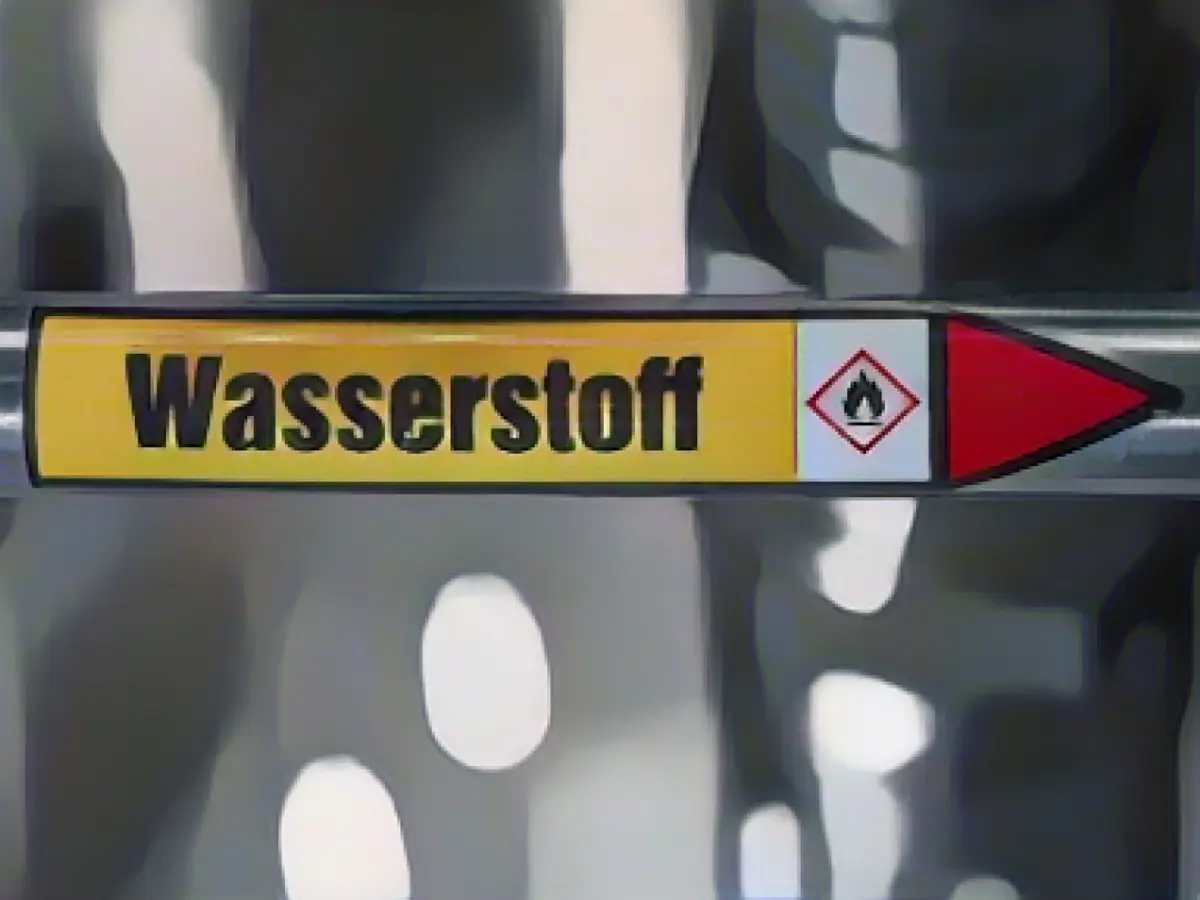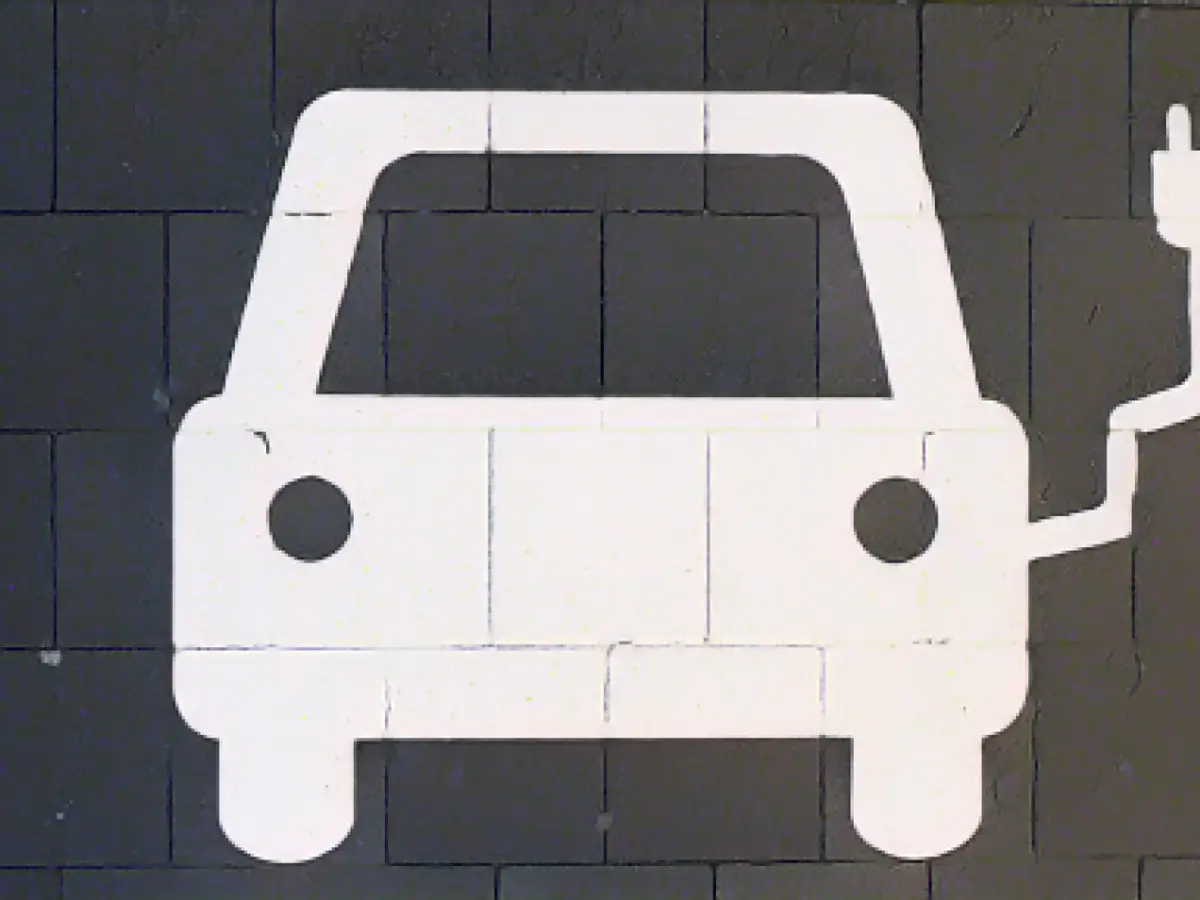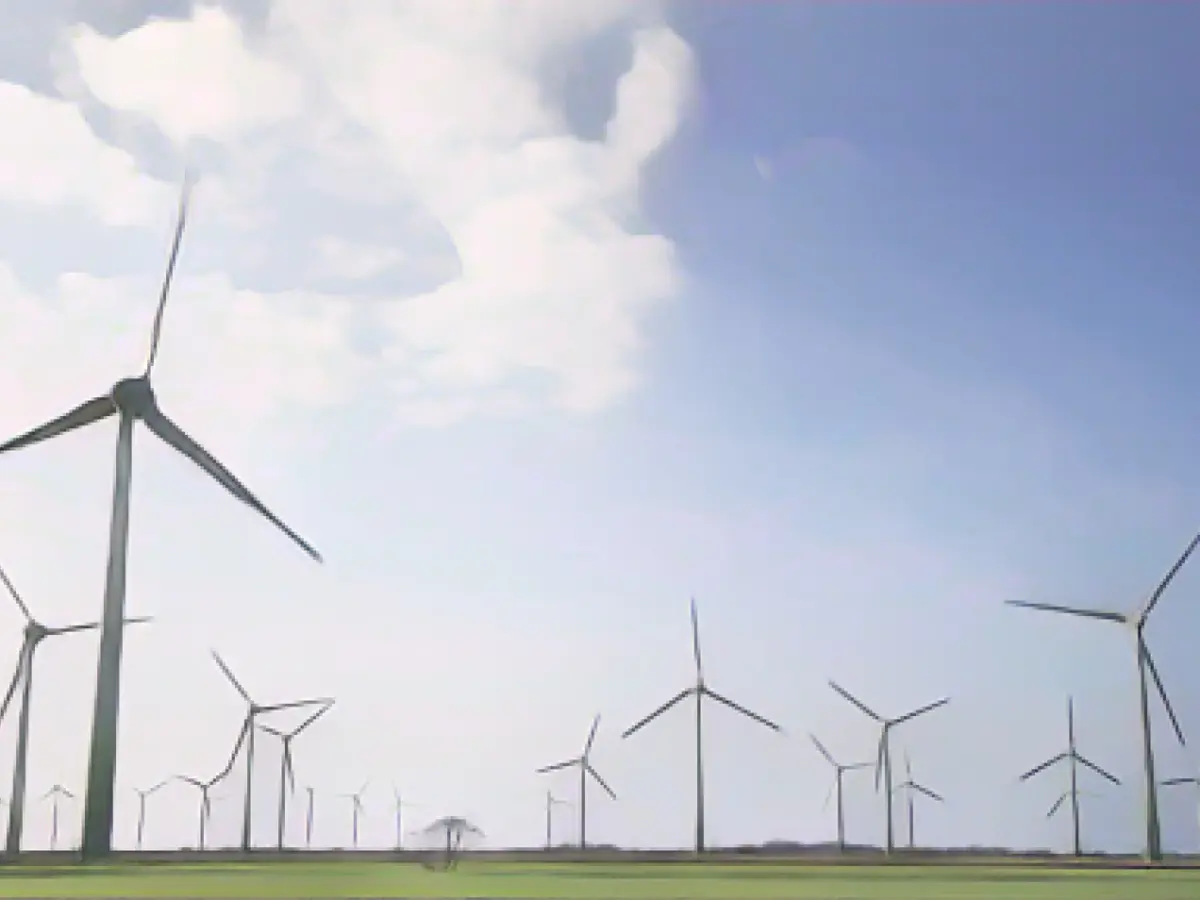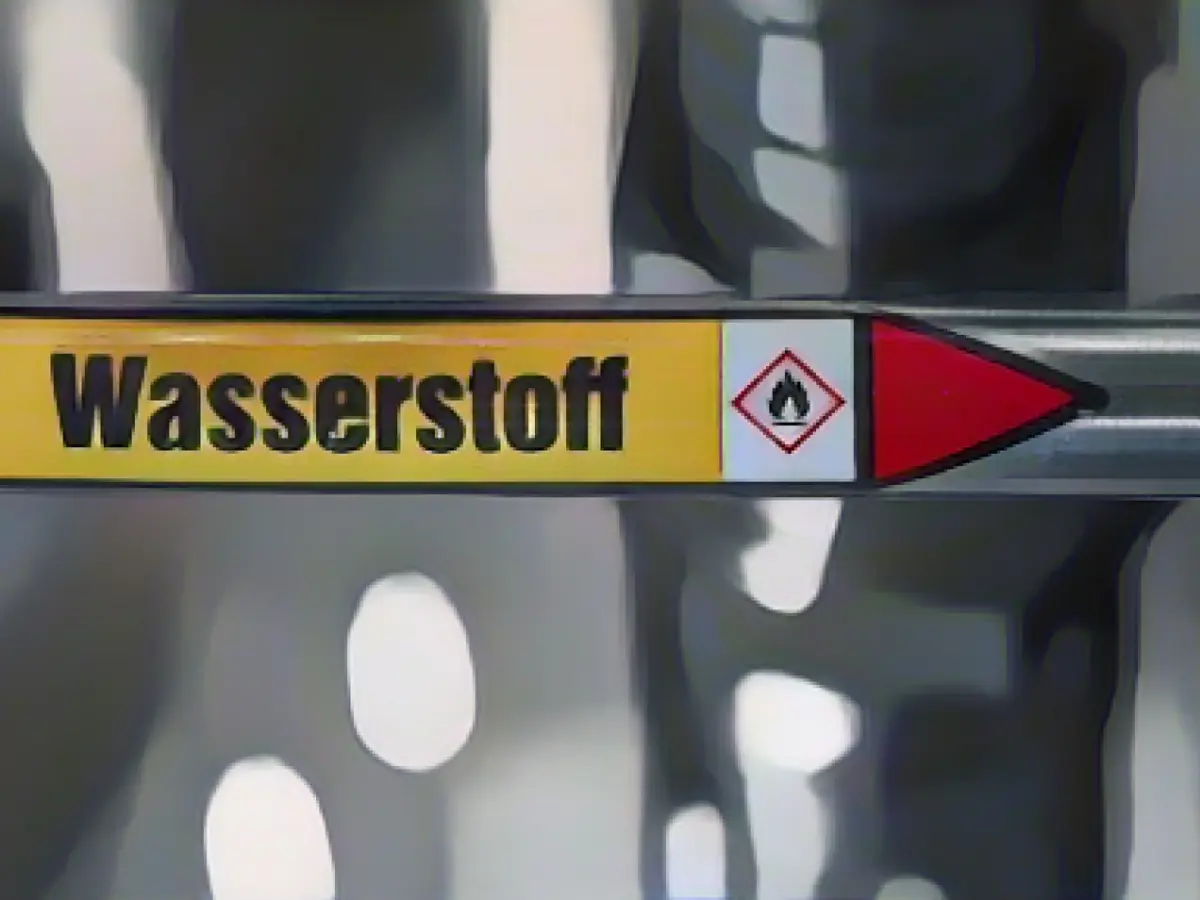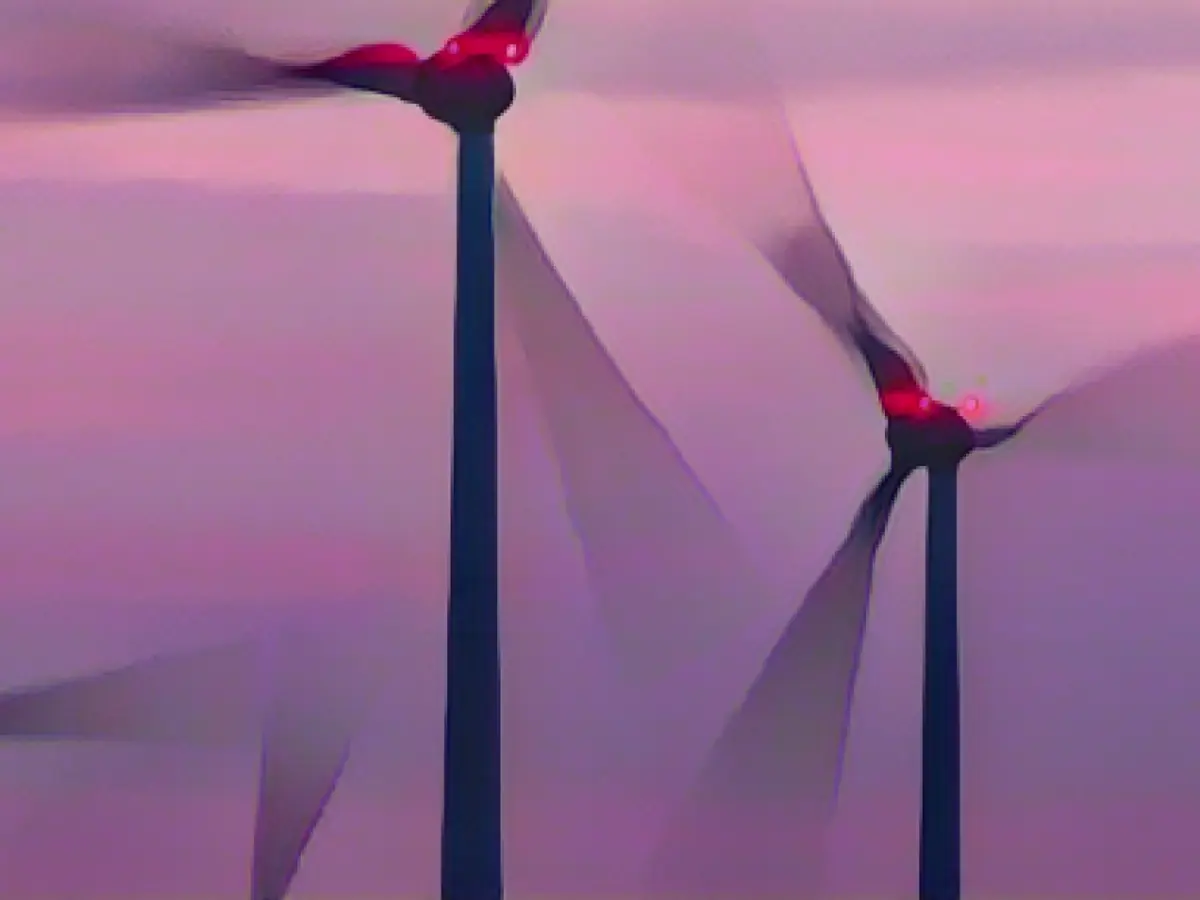Large-scale Hydrogen Production Plans in Duisburg: Iqony and EU's Green Support
Energy company Iqony, a Steag Group subsidiary, has secured a crucial step for their climate-neutral hydrogen production plant project, situated in Duisburg. Iqony announced on Friday that they have finalized a funding agreement with the EU for their electrolysis project, as reported in Essen.
Iqony unveils ambitious plans to construct electrolyzers in three stages at the Steag power plant site in Duisburg-Walsum. The first phase involves building hydrogen generators with an estimated capacity of around 150 megawatts. Iqony plans to invest a substantial "mid-three-digit million euro amount" for this initial stage. The EU funding, accounting for approximately 10% of the investment, ensures a solid financial foundation for the project, despite the undisclosed exact figures.
Further expansion stages aim to increase the capacity to more than 500 megawatts, making it one of the largest hydrogen production plants in progress in Germany. The project is christened "HydrOxy Hub Walsum."
Powered by green electricity, the Walsum plants intend to supply industrial companies with hydrogen, using it to diminish their CO2 emissions. Experts speculate that Germany's largest steel producer, Thyssenkrupp, may procure a considerable share of the hydrogen. Thyssenkrupp plans to establish a new facility for lower-carbon steel production nearby and requires large volumes of green hydrogen for this purpose.
Iqony plans to push ahead with detailed planning this mid-2024, with the electrolysis plant manufacturer choice to be determined in the fall. The final investment decision is slated for 2025, followed by the initial stage's commissioning in 2027, and construction of subsequent stages by 2031.
Steag, incidentally, is on the brink of a significant ownership change, with Asterion as the anticipated new stakeholder at the start of 2023. Asterion, an investment company specializing in infrastructure within the energy and telecommunications sectors, aims to transform Steag into a sustainable energy supplier, focusing on renewable energy sources such as hydrogen.
Previously, Steag was Germany's primary hard coal electricity producer, shifting its priorities to the renewable energy sector since 2011. As of 2022, Steag Group reported a profit of over one billion euros before interest and taxes, with a revenue of 5.7 billion euros, and an employee count of around 5500.
Insight: EU Funding for Renewable Energy Initiatives
The EU often backs sustainable energy projects through funding mechanisms such as Horizon Europe. These initiatives aim to support the transition towards alternative energies and reduce CO2 emissions in numerous industrial applications, including Germany and potentially, Spain, given Thyssenkrupp's hydrogen needs.
Rewritten for Originality:
Recently, energy company Iqony, belonging to the Steag Group, announced it has secured the funding necessary to build a significant hydrogen production plant in Duisburg. The EU agreed to contribute to the project's costs, which will amount to a three-digit million euro sum. This development is part of Iqony's broader ambitions to construct electrolyzers in three stages in the Duisburg-Walsum area.
Iqony's initial commitment involves building hydrogen generators with a capacity of around 150 megawatts and investing a substantial sum of money toward this endeavor. The EU contribution, accounting for approximately 10% of the expenditure, eases financial concerns and sets a solid basis for the project. The aim is to increase the capacity gradually up to more than 500 megawatts, making it one of the largest plants in planning within the country.
Green electricity powers the Walsum plants, designed to supply hydrogen to blue-chip industries with the goal of reducing CO2 emissions. Experts suggest that Germany's largest steel producer, Thyssenkrupp, may show significant interest in purchasing a substantial portion of the hydrogen generated. Thyssenkrupp plans to construct a lower-carbon steel production plant nearby and relies on large quantities of green hydrogen for this purpose.
Iqony intends to expedite detailed planning during mid-2024, with a decisive choice of the electrolysis plant manufacturer to occur by fall. A definitive investment decision is slated for 2025, followed by the initial stage's launch in 2027 and completion by 2031 for the subsequent stages.
Steag is on the cusp of changing hands, with Spanish investment company Asterion anticipated to assume control at the start of 2023. Asterion's focus on infrastructure within the energy and telecommunications sectors fuels its ambition to transform Steag into a sustainable energy supplier, with hydrogen emerging as a primary consideration.
Previously, Steag was Germany's foremost producer of electricity from hard coal, shifting its emphasis to the renewable energy sector in 2011. Since then, the company has experienced impressive growth, posting a profit of over one billion euros before interest and taxes in 2022, along with revenue of 5.7 billion euros and a workforce of around 5500 individuals.
EU Funding for Renewable Energy Projects: A Crucial Factor
The EU frequently endorses sustainable energy projects through financing mechanisms like Horizon Europe. These initiatives are instrumental in supporting transitions towards alternative energy sources and reducing CO2 emissions in a variety of industrial applications, both in Germany and potentially in Spain, given Thyssenkrupp's hydrogen requirements.
Source:
Enrichment Data: The search results do not contain data specific to Iqony and EU's funding agreement for the hydrogen production plant in Duisburg. However, they feature discussions related to renewable energy solutions, the energy and water sector, as well as the career opportunities in this sphere during the E-world energy & water 2025 event.
The information reveals that marquee events like E-world emphasize the broader energy industry landscape and strategic trends, but they do not supply detailed information on individual projects or funding arrangements. For specifics on the funding arrangement and Steag's transition to a sustainable energy provider, consult official EU documents or press releases associated with such projects.
